This continuing education course is for medical professionals and coaches looking to advance their knowledge in understanding movement analysis and performance testing. The material is highly interactive with an emphasis on case based learning and practical application. At the conclusion of the course, you will have a greater understanding of climbing movement and performance.
*Course fees do not include tax and/or VAT. Additional taxes will be calculated separately at checkout based on your geographic location.

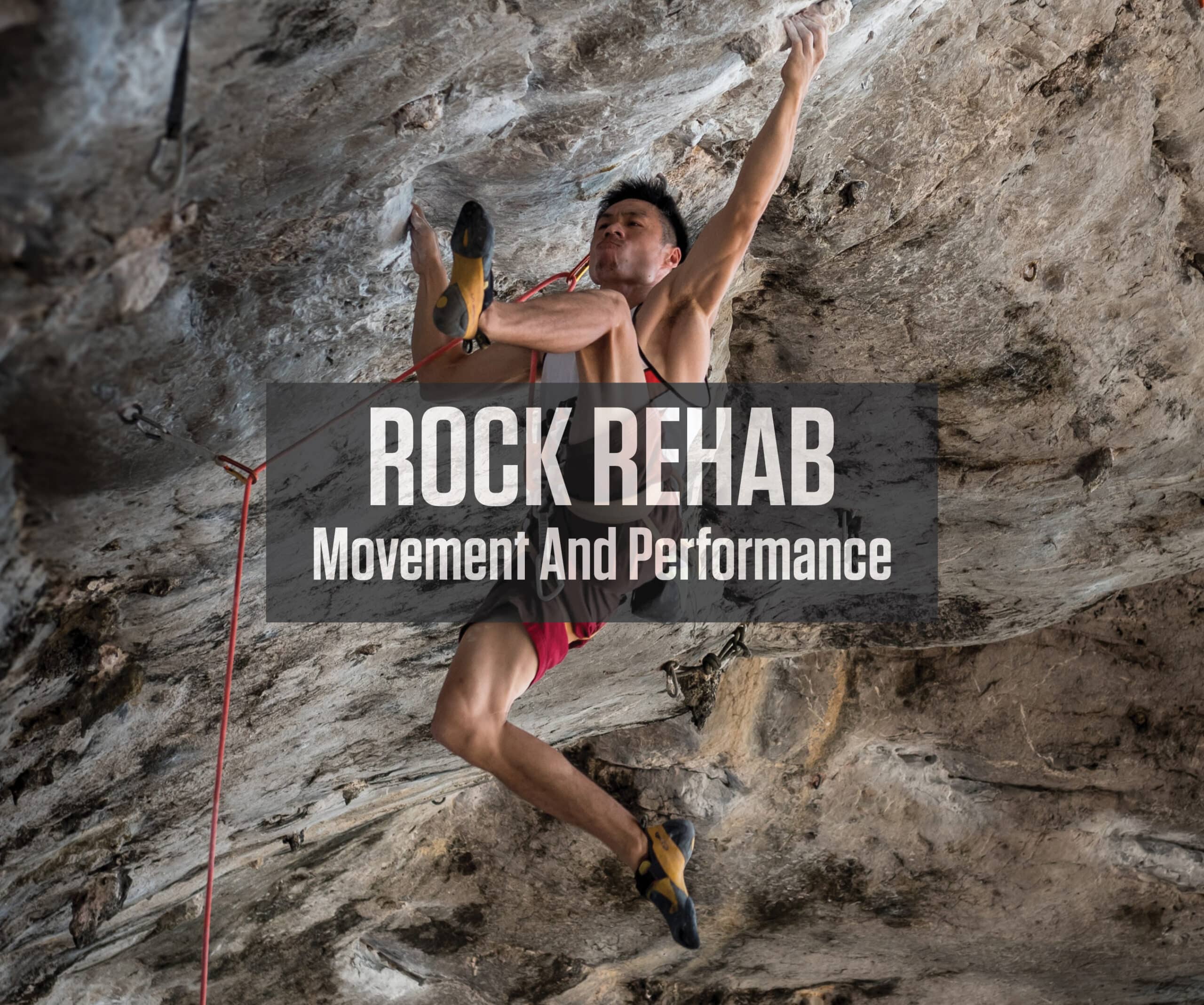
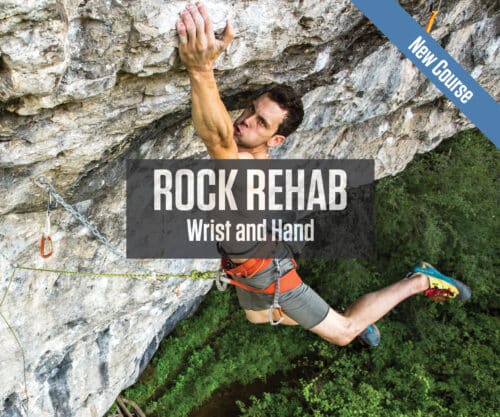
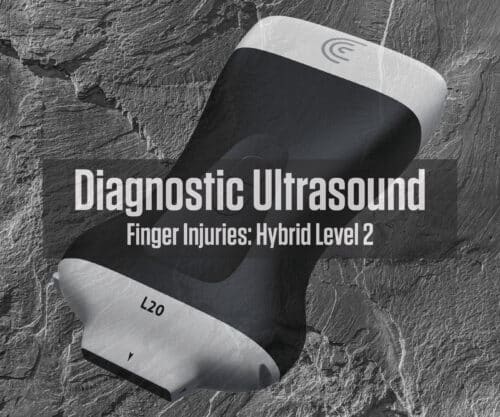
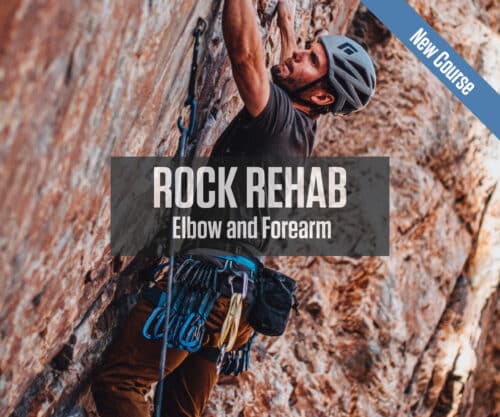
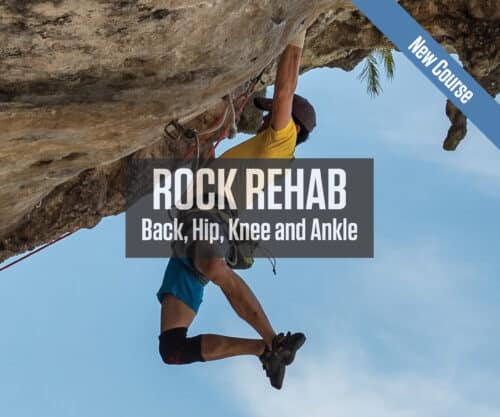
Vojtech Stanek –
I’m not sure if i’ll use the normative data and all the specialised outcome measures in our climbing gym for the regular recreational climbers. But i enjoyed the course a lot. It’s a great overview of the basic components of the climbing strategies and movement with plenty of evidence based articles. If you want to treat climbers, whether recreational or professional, this could be the entry gate for you. Thank you!
Conor Thompson –
Great demonstration of sport specific assessment tools determine climbers deficits.
Don Lesar –
Great summary of up to date EB-tests specific to climbers.
Mark Anthony De Anda –
I loved the evidence based methods of measurements for rock climbers. The course allows you to link strength, mobility, power and endurance specifically to the rock climbing population and it explains evidence based methods to measure these factors.
Alan Ng –
It has allowed me to think about more of the demands needed for rock climbers and how I need to access for compensations. Makes me appreciate the difficulty of rock climbing and how to develop an eye for movement faults.
Kenny Ballantine –
Provides systematic testing of key areas for climbers. Tangible results mean easy comparison to check progress and build confidence in devised training plans, and encourages patient compliance / retention.
Kayla Eagle –
This course gave me some great tools that are research based and more specific to my climbing patients. its good to have some objective measures to track progress and also to compare to normative values specific to climbers versus general population. I enjoyed learning about the performance section of this course and how finding a patients baseline can help determine if they need to work on that area to not only improve performance but to reduce injury.
Bennett Tabaracci –
Explanations of assessments based on climbing specific movements were very well done. This course did a fantastic job at making the assessment of the rock climber specific to their participation in sport. These climbing specific measurements and interventions made a ton of sense and can help anyone gain a better knowledge of how to treat these athletes.
Holly Coulson –
Research backed assessments tools that any clinician can use in any clinic. Beautifully put together.
Abigail Bohn –
I enjoyed learning about different testing methods to evaluate strength for the climber and good exposure to climbing specific movement patterns that differ from other overhead sports.
Dmitri Washington –
The course provides medical providers with the tools needed to take a deeper look into the origin of movement faults, how they impact sport activity, and how to apply activity specific modifications in order to improve movement strategies.
Frank Charlton –
This content dives into the details of the climbing athlete, providing valuable insights into their specific demands. As an unfamiliar sport, I found the information enlightening. I anticipate revisiting this course to further enhance my understanding. Each athlete possesses activity-specific requirements, and objective tests are crucial to evaluate their performance in relation to the specific sports demands. These evaluations are essential for achieving optimal outcomes.